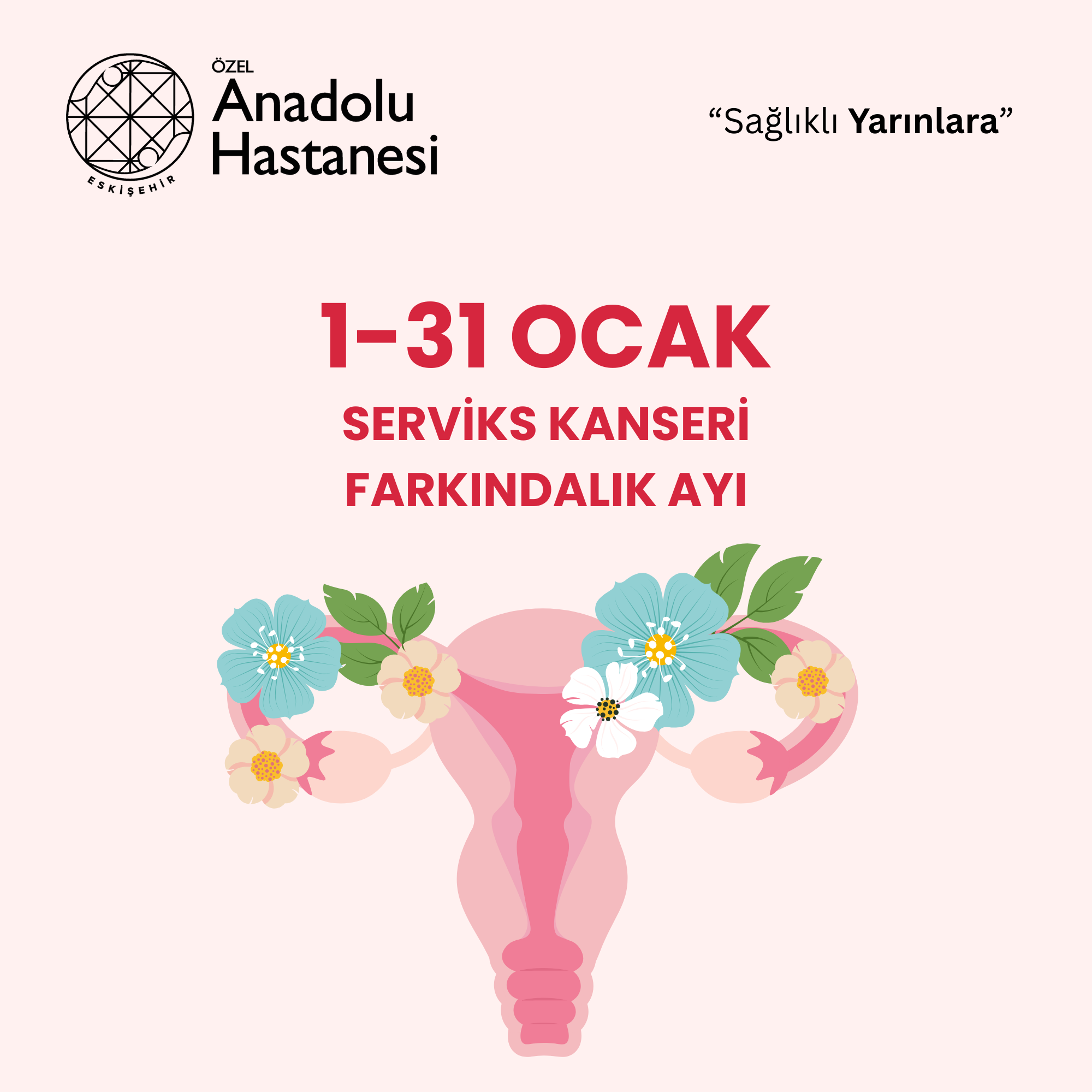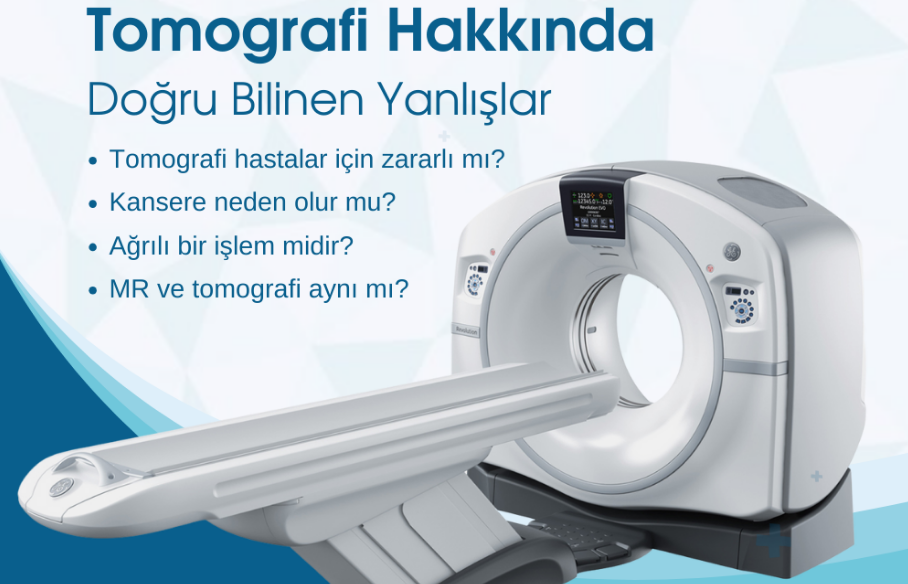Health Blog

Ebeveyn Tutumlarının Çocuk Üzerindeki Etkileri
Ebeveyn tutumları, çocuğun kişilik gelişiminden duygusal dünyasına, özgüveninden sosyal ilişkilerine kadar pek...
20.01.2026
Read More
Çocuklarda Dikkat Dağınıklığı
Çocuklarda dikkat dağınıklığı özellikle okul döneminde belirgin hâle gelen yaygın bir durumdur. Çocuklar derse...
20.01.2026
Read More
Kaygı (Anksiyete) Bozukluğu Nedir?
Kaygı, herkesin zaman zaman yaşadığı doğal bir duygudur. Ancak bu duygu günlük yaşamı etkilemeye başladı...
20.01.2026
Read More
Serviks Kanseri (Rahim Ağzı Kanseri)
Serviks kanseri genellikle hiçbir belirti vermeden, kanser öncüsü lezyonların olduğu bir dönem sonrasında geli...
03.01.2026
Read More
Tomografi Hakkında Doğru Bilinen Yanlışlar
Tomografi hastalar için zararlı mı?👉 Bilgisayarlı tomografi, hekim gerekli gördüğünde ve kontrollü dozlarda uy...
27.12.2025
Read More
Panik Atak Nedir? Belirtileri Ve Tedavi Süreci
Panik atak, aniden başlayan yoğun korku veya sıkıntı hissiyle birlikte ortaya çıkan fiziksel belirtilerle kara...
17.12.2025
Read More
Kan Şekerini Düzenleyen Besinler Nelerdir?
Kan şekeri (glukoz), vücudumuzun enerji ihtiyacını karşılayan temel yakıttır. Ancak kan şekerinin ani yükselip...
25.11.2025
Read More
5 Mayıs 2025 Dünya El Hijyeni Günü
Sağlıklı Eller, Güvenli Yarınlar: El Hijyeni RehberiHer yıl 5 Mayıs'ta kutlanan Dünya El Hijyeni Günü, sağ...
05.05.2025
Read More
Tetik Nokta Enjeksiyonu ile Ağrı Tedavisi
Tetik nokta (trigger point) kaslar üzerinde genellikle gergin bantlar zemininde gelişen ağrılı ve hassas n...
17.02.2025
Read More